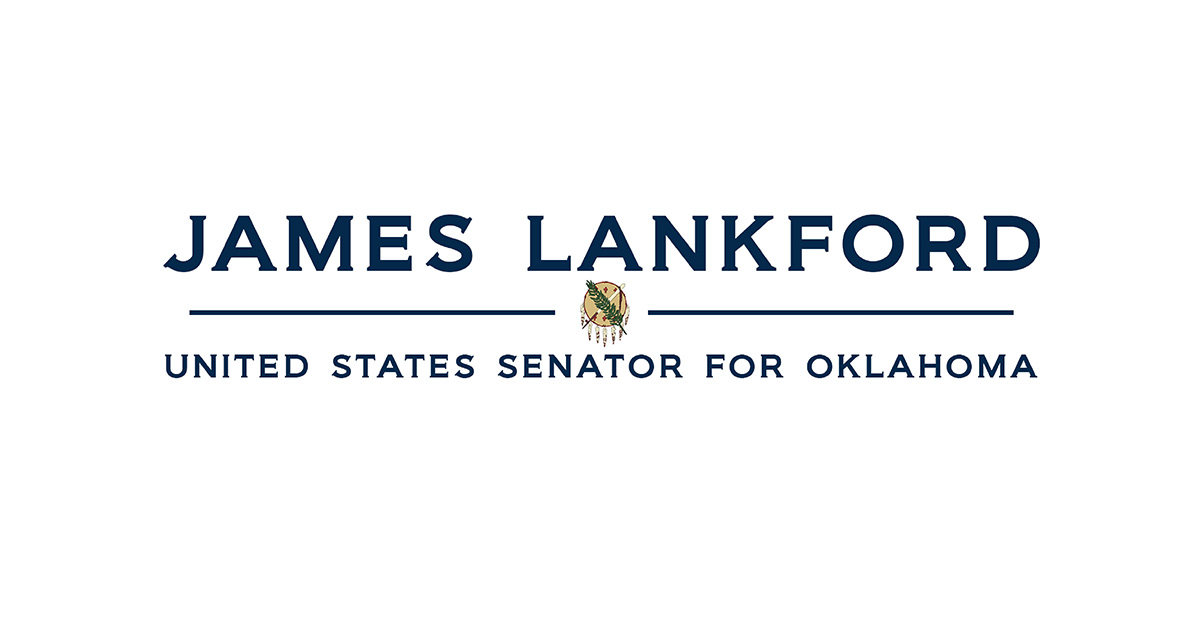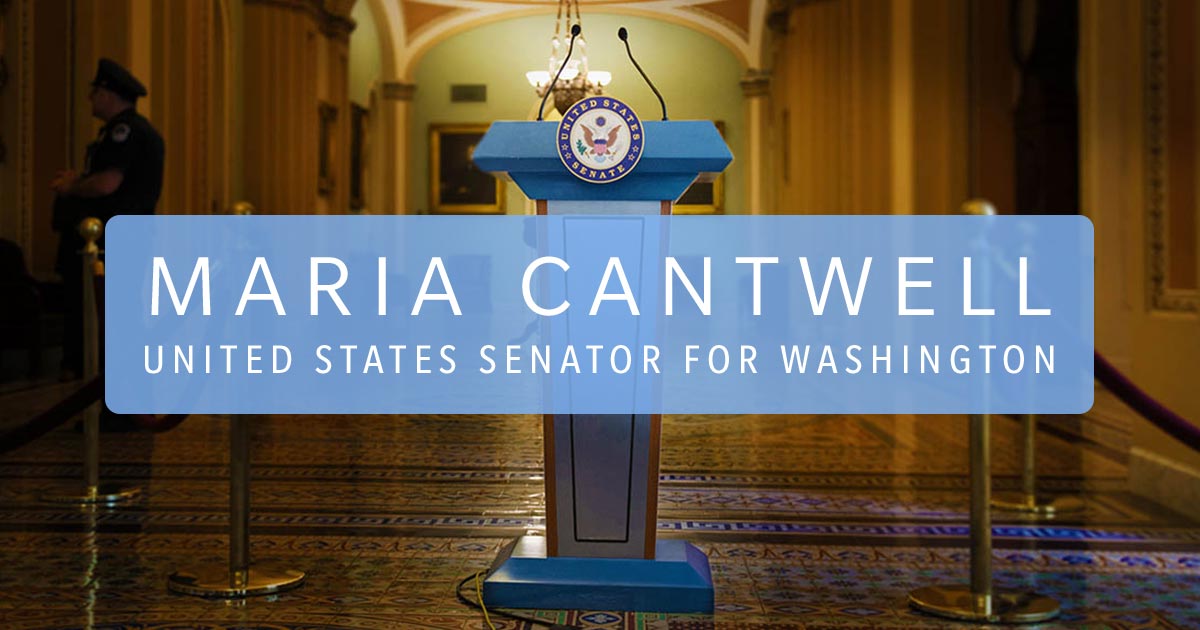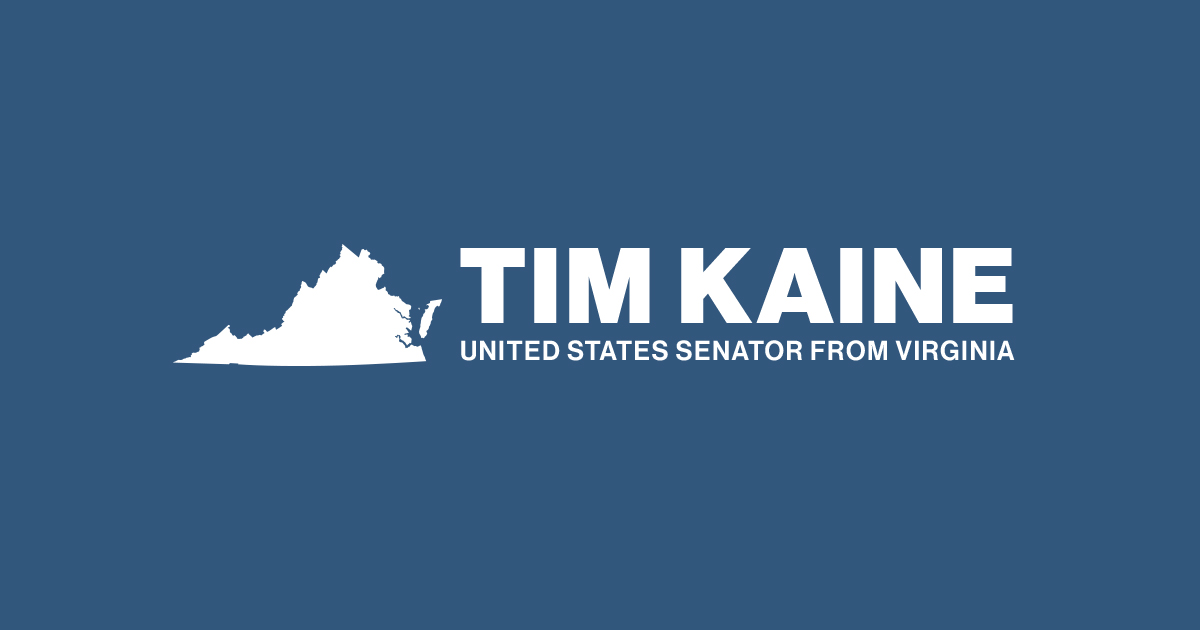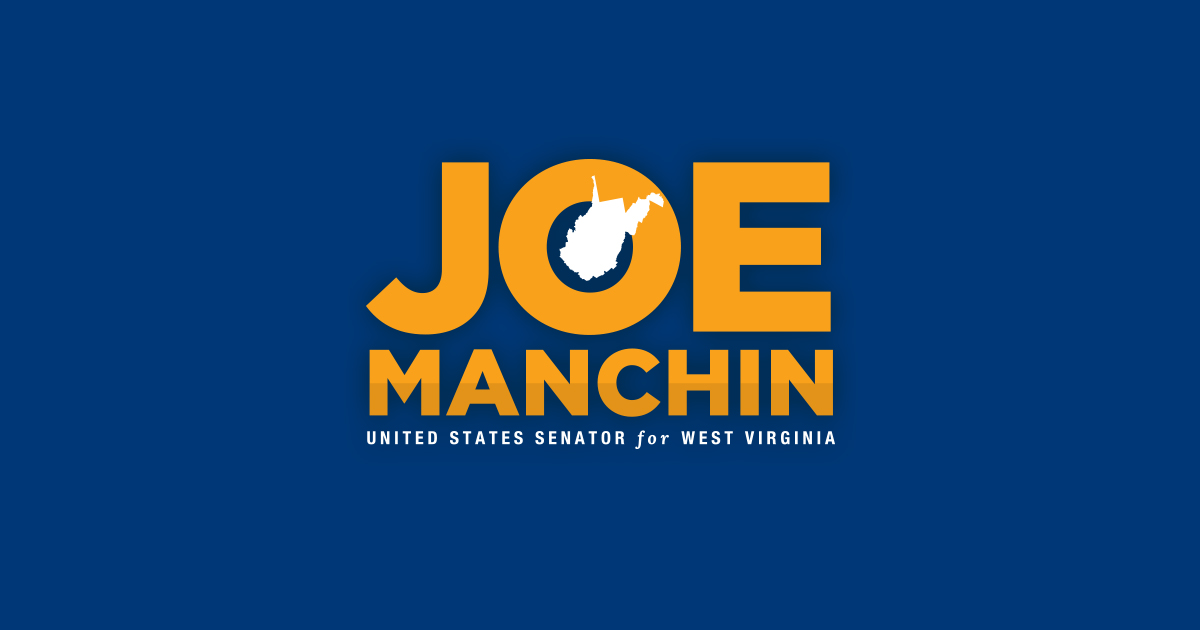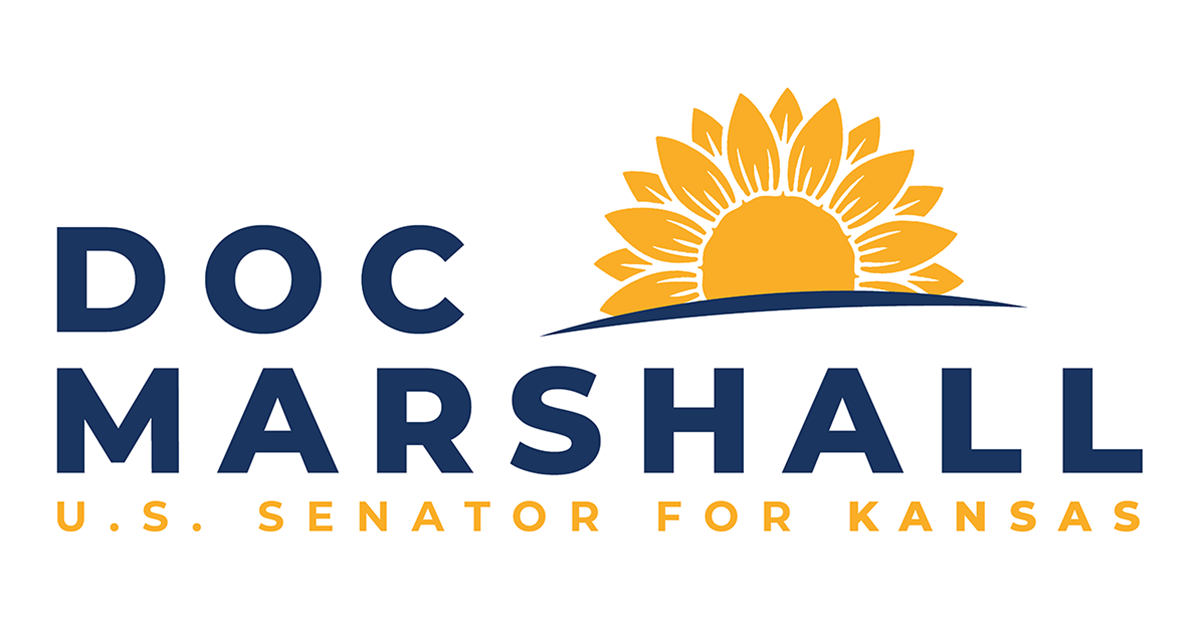Source: United States Senator for Oklahoma James Lankford
06.11.21
Ensures Access to Care & Saves Local Jobs
WASHINGTON, DC – Senators James Lankford (R-OK), Jim Inhofe (R-OK), and Congressman Frank Lucas (R-OK) announced, after months of work with the Centers for Medicare and Medicaid Services (CMS), Harmon Memorial Hospital in Hollis, Oklahoma has received an extension of their designation to continue to serve the community as a Critical Access Hospital (CAH). In March, Lankford, Inhofe, and Lucas sent a letter to then-Acting CMS AdministratorLiz Richter to push for Harmon Hospital to remain a critical access hospital.
“After months of calls, emails, and letters, I was elated to finally get the sign off from CMS that Harmon Hospital has received the vital extension that we requested for the entire community,” said Lankford. “Without the critical access designation, the city of Hollis and Harmon County would be dangerously far from emergency health services and nearly 100 people would lose their jobs. Oklahoma rural hospitals provide critical care to thousands of people who are loved by our families and essential to our economy. We must work to protect each one.”
“I am glad to hear that Harmon Hospital in Hollis, Oklahoma will be able to continue to operate as a Critical Access Hospital,” Inhofe said. “The CAH designation keeps rural hospitals going, helping ensure that individuals in communities like Hollis are able to get necessary care. I remain committed to ensuring Harmon’s ability to serve continues for years to come.”
“I am extremely grateful of CMS’ decision to extend the Critical Access Hospital (CAH) designation to Harmon Memorial Hospital. Oklahoma’s rural hospitals, including Harmon Memorial Hospital, provide critical care to those who call rural Oklahoma home. While many Oklahomans live in close proximity to some of Oklahoma’s largest hospitals, Oklahoma’s rural communities often rely on the accessibility of the state’s rural hospitals, including CAHs, who are often the sole community health care provider in the county. As more and more rural hospitals close across the country, we must ensure that we keep Oklahoma’s rural hospitals open, ensuring our rural communities have convenient, affordable, quality access to health care,” said Lucas. “I thank the efforts of CMS in ensuring Harmon Memorial Hospital remains a critical access hospital, and I look forward to working with the Agency and hospital leaders to make sure our rural communities in Oklahoma continue to have access to the essential services these hospitals provide.”
“The community of Hollis and health care professionals at Harmon Memorial Hospital are grateful for the efforts of Senators Lankford and Inhofe and Congressman Lucas in helping us receive an extension of our Critical Access Hospital designation. Oklahoma is blessed to have elected officials who are so engaged,” said Steve Hartgraves, CEO Harmon Hospital.
Earlier this year, Lankford introduced a bipartisan Rural Hospital Closure Relief Act, which would support financially vulnerable rural hospitals facing risk of closure. The legislation would update Medicare’s CAH designation so more rural hospitals can qualify for this financial lifeline and continue to serve their communities with quality, affordable health care services.
The Rural Hospital Closure Relief Act would support and stabilize rural hospitals by providing flexibility around the 35-mile distance requirement and enabling states to certify a hospital as a “necessary provider” in order to obtain CAH designation. This authority ended in 2006, but this bill would reopen this financial lifeline for certain rural hospitals that serve a low-income community, are located in a health professional shortage area, and that have operated with negative margins for multiple years.
###
